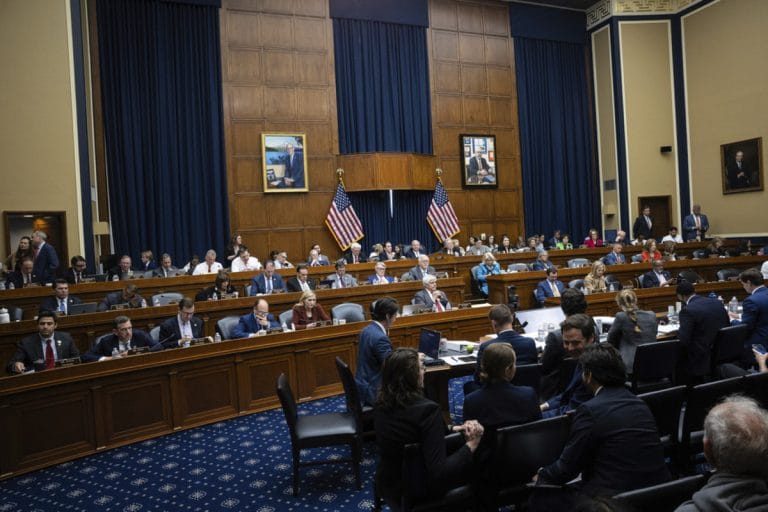🎧 Listen to This Article
The House GOP’s sweeping rollback of clean energy tax credits initially passed under the 2022 Inflation Reduction Act (IRA) is facing growing resistance in the U.S. Senate, sparking concerns across industry and policy circles about economic disruption and investor uncertainty.
At stake is more than $500 billion in clean energy incentives designed to fuel the United States’ energy transition. The proposed House bill threatens to terminate these incentives retroactively, eliminate tax credits for projects not started within 60 days of enactment, and curtail benefits for consumers adopting electric vehicles.
But in the Senate, a bipartisan chorus is urging caution. Republican Senators Lisa Murkowski (AK), John Curtis (UT), Thom Tillis (NC), and Jerry Moran (KS) have publicly voiced concern over the economic consequences of a sudden repeal.
“Unpredictability is poison for long-term investment,” said Sen. Curtis in an interview. “Businesses made billion-dollar commitments under the IRA framework. We owe them stability—not legislative whiplash.”
That unpredictability is already showing up in the market. According to E2, a nonpartisan clean energy business group, since January 2025, over $14 billion in clean energy projects have been canceled, and more than 10,000 associated jobs have evaporated due to fears around the bill’s retroactive provisions.
Among the casualties: battery plants, solar farms, wind energy infrastructure, and hydrogen R&D facilities—many in Republican-led states like Texas, Ohio, and Georgia.
The House’s rollback has also fractured Republican unity. Thirteen House Republicans, including Rep. Rob Bresnahan (R-PA), signed a letter urging the Senate to modify the bill. “I supported the bill,” Bresnahan told NPR, “but I did not anticipate its lack of runway for existing projects. This hurts our region’s energy economy.”
Their letter raises red flags about:
- The 60-day construction rule.
- Limits on credit transferability.
- Abrupt phase-outs without transition measures.
Such constraints, they argue, “jeopardize ongoing development, discourage long-term investment, and signal congressional instability.”
Still, pushback from the far-right Freedom Caucus threatens to derail Senate revisions. “We will not accept any softening of the IRA rollback,” the group warned. Their stance underscores a broader ideological divide: is clean energy tax policy merely fiscal overreach, or a national competitiveness tool?
Senate Finance Committee ranking member Ron Wyden (D-OR) believes the path forward lies in bipartisan pragmatism. “Clean energy fosters competition and lowers prices values both parties claim to uphold,” Wyden told NPR.
For now, the fate of the energy tax framework and the business decisions tied to it hangs in the balance. The Senate’s next move will determine whether the United States remains a global leader in green investment or allows political retrenchment to reverse climate and economic progress.
For further details, clarification, contributions, or any concerns regarding this article, please get in touch with us at editorial@tax.news. We value your feedback and are committed to providing accurate and timely information. Please note that our privacy policy will handle all inquiries.



